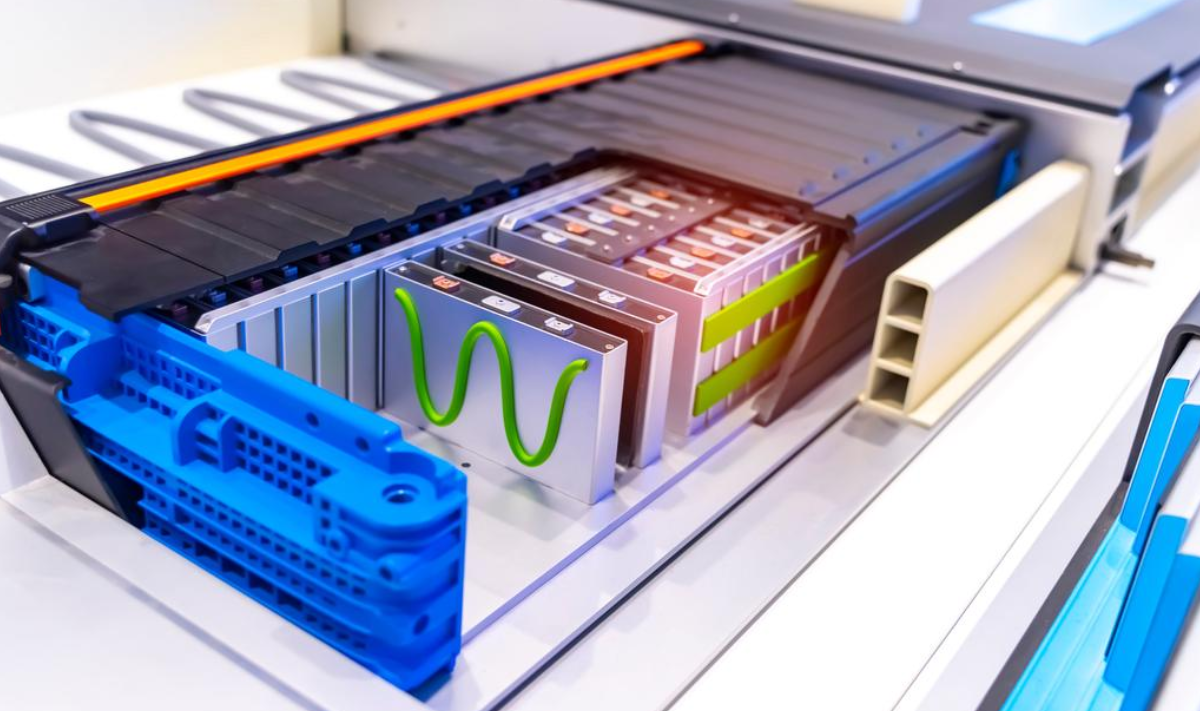
/
November 2, 2023
/
#
Min Read
Hardware and Software and Recalls, Oh My!
The Recall Notice is back with your 2023 fourth-quarter update on automotive recalls. Although our focus is typically on software-related recalls issued by the National Highway Traffic Safety Administration (NHTSA), today, two of our featured recalls have to do with hardware components. We will shed some light on their causes and explore how a full-vehicle automotive ota solution could have been leveraged to reduce costs and streamline the recall rollout process for both software and hardware-related recalls. Let’s dive in.
Nissan’s Inverter Software Glitch
NHTSA Campaign Number: 23V657000
Manufacturer: Nissan North America, Inc.
Components: Electrical System
Potential Number of Units Affected: 9,813
Estimated Cost to OEM: $2.9M - $4.9M
NHTSA Recall 23V657 involves certain Nissan 2023 Ariya vehicles due to a software fault in the inverter which, under specific conditions, may cause a sudden loss of drive power. The root of the problem lies in a potential momentary short circuit triggered by conductive fibrous shavings from the drive motors’ slip ring assembly. Although the fibrous shavings burn out instantaneously causing no damage, the inverter's fail-safe protocols kick in, cutting off motor torque to protect internal components. This results in a loss of drive power, increasing the risk of a crash.
The remedy involves a trip to the dealership for a free inverter software reprogramming. While Nissan does have over-the-air software update capabilities, these are currently limited to the NissanConnect system, which, in turn, is only available in certain makes and models. A robust automotive OTA solution that enables full-vehicle updates could have facilitated a quicker and more convenient resolution for affected vehicle owners.
Kia’s HECU Fire Hazard
NHTSA Campaign Number: 23V652000
Manufacturer: Kia America, Inc.
Components: Service Brakes, Hydraulic
Potential Number of Units Affected: 1,730,192
Estimated Cost to OEM: $519M - $865M
NHTSA Recall 23V652 is a recall for a range of Kia models spanning from 2010 to 2019. It concerns a potential electrical short in the Hydraulic Electronic Control Unit (HECU) that may lead to an engine compartment fire. The exact cause of the short circuit remains unknown, but it's believed that over time, the HECU may experience an electrical short circuit that significantly increases the risk of fire, both when the vehicle is parked or on the move.
Kia has advised vehicle owners to park outdoors until the issue is resolved through an at-dealer visit where the HECU fuse is replaced free of charge. Given that the source of this recall is hardware-related, it could not have been corrected with a simple OTA firmware update – even if Kia had full-vehicle over-the-air update capabilities, which they don’t (updates currently limited to navigation and infotainment). However, remote data logging could have played a crucial role in early detection, possibly even during the production phase.
How? By monitoring in-vehicle data during the testing and validation phases of vehicle development, automakers might have detected power fluctuations or energy drains as a result of the faulty fuse or uncovered a larger issue at play that served as the root cause of the fault. Either way, they might have been able to address it proactively and to avert a recall altogether.
Ford’s Rearview Camera Blackout
NHTSA Campaign Number: 23V598000
Manufacturer: Ford Motor Company
Components: Back Over Prevention
Potential Number of Units Affected: 169,277
Estimated Cost to OEM: $50.8M - $84.6M
NHTSA Recall 23V598 is for certain Ford vehicles, including 2020-2023 Lincoln Aviator, 2018-2021 Lincoln Navigator, 2022-2023 Ford Transit, and 2021 Ford Bronco models due to a rearview or 360-degree camera defect. This issue may prevent the camera from displaying an image when the vehicle is in reverse. This recall has multiple causes that range from camera hardware issues to software glitches in the Image Processing Module – B (IPMB).
Due to the diverse causes of this recall the remedy involves a rearview camera replacement, software update, and wiring adjustments, all at no cost to the owner – well, other than a day spent at the dealer. Similar to the Kia recall, this issue could not have been completely solved with an OTA firmware update. However, data logging and remote diagnostics could have expedited the detection of the fault and streamlined the software update process for affected vehicles.
The Connectivity Dividend
Each of the recalls discussed today will cost the automaker millions to hundreds of millions of dollars, but that’s not the main issue. These recalls have the potential to impact road safety, including but not limited to property damage, injury, and loss of life. As a result, these software and hardware-related recalls have a direct impact on brand perception and consumer loyalty.
The recalls also showcase how having a safe, secure, and reliable connected vehicle platform in place is crucial in the current and future automotive landscape. Sibros Deep Connected Platform (DCP) enables original equipment manufacturers (OEMs) with full vehicle support and visibility. This not only helps them proactively detect and correct issues during every stage of the vehicle lifecycle – from development to decommissioning – but also to continuously improve their vehicles’ safety, quality, and functionality.
Developing a dependable telematics software solution in-house requires an enormous allotment of resources and time, and is often fraught with dead ends and multiple iterations. Currently, most automakers have OTA firmware solutions that can update a limited number of systems, while robust safety-critical updates remain well out of reach.
With an automotive OTA solution like DCP, automakers can:
- Perform on-demand remote diagnostic commands
- Deploy OTA firmware updates and software updates to every electronic component in the vehicle
- Remote data logging from every sensor with full customization and control
- Cut costs with full scalability and seamless integration
- Enjoy full visibility and cloud-based vehicle management for the entire vehicle lifecycle
- Realizes hundreds of connected vehicle use cases
- Enhance software-defined vehicle functionality
- And boost the customer experience
In addition to the recalls discussed today, the transition towards more autonomous and software-defined vehicles underscores the urgency for OEMs to embrace robust connectivity solutions. Learn how Sibros’ automotive OTA and connected vehicle platform can be a part of this pivotal transition. Contact us today!









.png)
